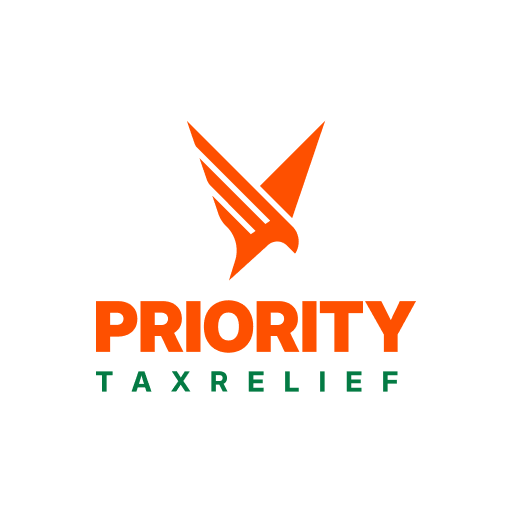What to Consider Before Moving to a State With No Income Tax
Living in a state without income tax might allow you to hold on to more of your hard-earned money. However, it won’t necessarily shield you from other taxes or a higher cost of living.

Many, or all, of the products featured on this page are from our advertising partners who compensate us when you take certain actions on our website or click to take an action on their website. However, this does not influence our evaluations. Our opinions are our own. Here is a list of our partners and here's how we make money.
There are nine states without a state income tax: Alaska, Florida, Nevada, New Hampshire, South Dakota, Tennessee, Texas, Washington and Wyoming.
That said, Washington is a bit of an exception. While it does not tax most earned income, some long-term capital gains may be taxed.
What does it mean to live in a state with no income tax?
At the most basic level, living in a state with no personal income tax means that you’ll get to keep a little bit more of your paycheck. However, there are certain pros, cons and good-to-knows to consider before booking a one-way ticket.
No state taxes on retirement benefits
Most people can expect to pay at least some taxes during retirement, whether on 401(k) distributions or pensions. If you live in a state without personal income tax, you generally get to skip paying state taxes on retirement income. This can mean more money for your golden years.
Avoiding state taxes can be a nice retirement perk, but you'll want to weigh it against other important costs. For example, some states have fewer public transportation options or less affordable health care. You also might not want to live far away from friends or family.

on Priority Tax Relief's website

on Alleviate Tax's website
You still have to pay other taxes
State taxes are often used to generate revenue for services such as health care or to fund infrastructure. Without this money, some states end up relying more heavily on other taxes, such as property or sales, to recoup the loss.
If you're a homeowner who currently lives in a state with relatively affordable property taxes, it may not be worth giving that up. Living in a state with no income tax also means you might not be able to take full advantage of the state and local tax deduction, which recently doubled to $40,000.
On the plus side, except for Washington, living in an income-tax-free state means any capital gains you earn aren't taxed at the state level. This means you’ll only be responsible for federal capital gains taxes.
Establishing domicile is important
Several conditions need to be met to reap the benefits of living in an income-tax-free state. Establishing domicile, or the intention of making a state your permanent home, is the most critical one. Rules vary by state, but generally, you must live in a place for at least 183 days to begin qualifying as a permanent resident. In addition, states conduct residency audits, so this will require proof.
Tread carefully here. Say you live in one state but spend a good part of the year in another state. You could be considered a permanent resident of one state and a “statutory resident” of the other. This means you could end up paying taxes on earned income in both states. Tax planning with a professional, such as a financial advisor, is one of the best ways to avoid finding yourself in a sticky tax situation.
Your cost (and quality) of living might change
Perhaps the most critical number to crunch is your cost of living. This includes tallying up the costs of housing (rental or purchase), food, wages, health care and lifestyle. The savings you gain on state taxes might not be worth the extra cost incurred to live comfortably in another state.
Think about your job as well. Remote work has made it easier than ever to envision moving without risking job security. But if you were to live in a state with limited opportunities in your industry and lose your job, you could face difficulties securing another one.
» Thinking about a move? Use our cost of living calculator to compare two cities
How affordability and other taxes stack up
The table below compares income-tax-free states using other important factors like sales taxes, property taxes and affordability. Affordability, in this case, reflects housing costs and overall cost of living.
While this data won't capture every expense, it can give you some more insight into whether moving states to avoid an income tax could result in meaningful savings.
State | State sales tax | Average local sales tax | Effective property tax rate | Affordability rank |
|---|---|---|---|---|
Alaska | None. | 1.82%. | 0.91%. | 35 out of 50. |
Florida | 6%. | 0.98%. | 0.74%. | 44 out of 50. |
Nevada | 6.85%. | 1.39%. | 0.49%. | 34 out of 50. |
New Hampshire | None. | None. | 1.41%. | 42 out of 50. |
South Dakota | 4.20%. | 1.91%. | 0.99%. | 4 out of 50. |
Tennessee | 7%. | 2.61%. | 0.49%. | 19 out of 50. |
Texas | 6.25%. | 1.95%. | 1.36%. | 30 out of 50. |
Washington | 6.50%. | 3.01%. | 0.75%. | 46 out of 50. |
Wyoming | 4%. | 1.56%. | 0.55%. | 17 out of 50. |
Sources: Tax Foundation and U.S. News & World Report. | ||||

on Priority Tax Relief's website

on Alleviate Tax's website








